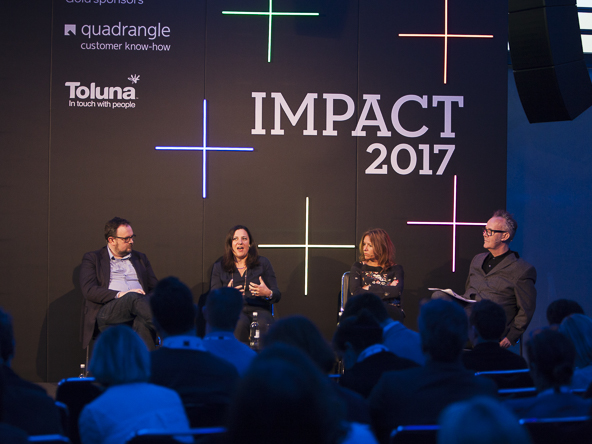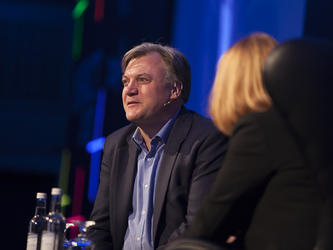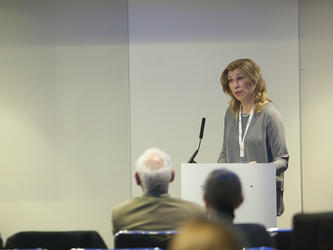‘Ask for forgiveness, not permission’

The speakers had assembled to examine how entrepreneurs are able to seize opportunities, and what mere mortals can learn from their ability to do this. Earls explained that to creative entrepreneurial people, new ideas aren't actually scary because the new feels familiar to them.
He outlined the two key aspects of the future to consider: ‘multiples’ and ‘tangibles'. The idea of multiples refers to the notion that there are numerous possible future scenarios for your business or industry – a theory echoed by the Wharton future of advertising programme.
As Lin Wells, who worked in the US Office of the Secretary of Defence, said in a 2001 memo (which outlined the unexpected changes to the political landscape that had occurred during each decade of the 20th century): "I'm not sure what 2010 will look like, but I'm sure that it will be very little like we expect, so we should plan accordingly."
The other aspect, tangibles, relates to the importance of demonstrating the value of new ideas to decision makers within an organisation. "The hard bit of innovation is not often having the idea, it’s fitting it into the business," Earls said.
Julie Doleman, managing director of global expansion at Experian Consumer Services insisted that if you truly want to achieve change within your business, you must "ask for forgiveness, not permission" from senior leaders. She also stressed the idea that innovation should just be about taking something that exists and making it better. "It’s not about making one mighty leap – that’s old school, too expensive and takes too long."
Her approach, she said, is to "move towards the future while living in the present".
Doleman described how Experian, despite having enjoyed consistent success and having billion dollar product lines, is constantly trying to disrupt its own business, because if it doesn't, the disruption will come from outside. "The best time to disrupt yourself is when you're high on the drug of consistent growth. It’s fine to ride the wave [of success] but you must always have a part of the business that’s figuring out how to disrupt," she said.
"We've got the people, the data, the brand and the funds.
"But if we don't disrupt ourselves, we're open to disruption from two guys working from a garage."

We hope you enjoyed this article.
Research Live is published by MRS.
The Market Research Society (MRS) exists to promote and protect the research sector, showcasing how research delivers impact for businesses and government.
Members of MRS enjoy many benefits including tailoured policy guidance, discounts on training and conferences, and access to member-only content.
For example, there's an archive of winning case studies from over a decade of MRS Awards.
Find out more about the benefits of joining MRS here.














0 Comments